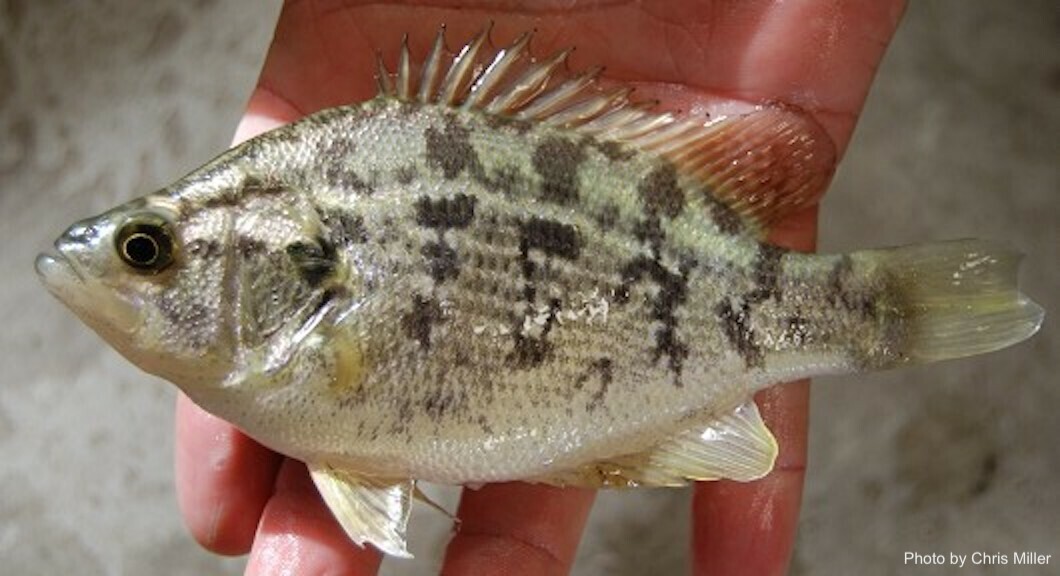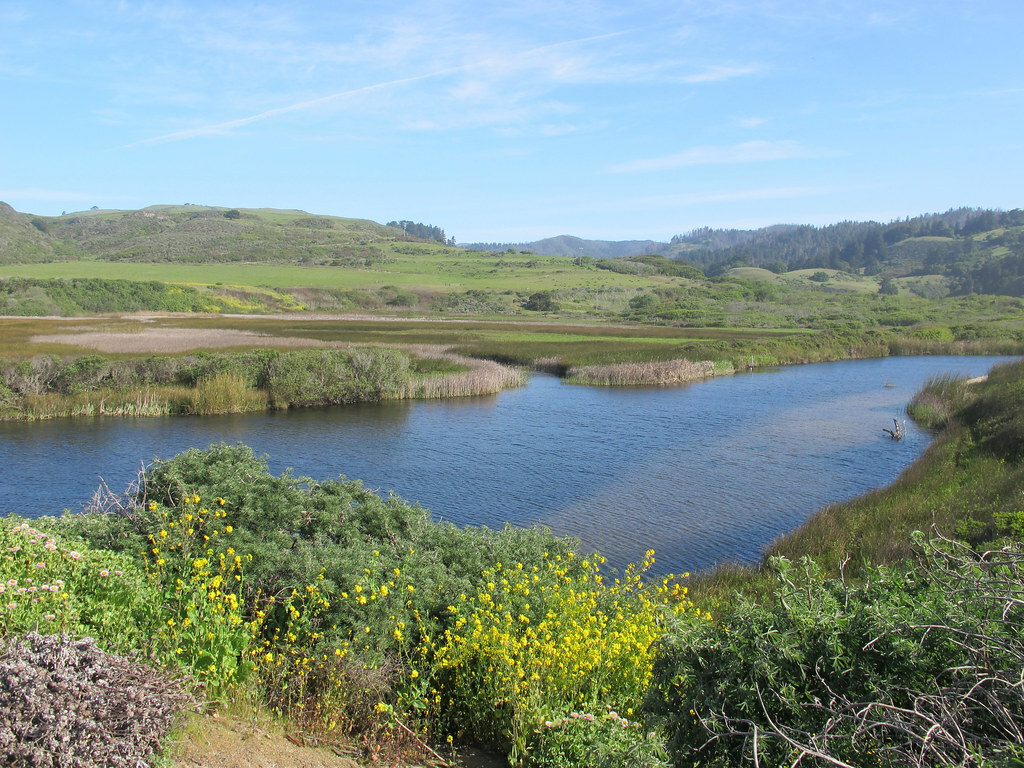Rewarding Research: Reward Tags Help Study A Guatemalan Artisanal Fishery

Photo Credit: FishBio
by FISHBIO
2-14-2022
Many freshwater fisheries throughout the world are small in scale or are for the subsistence of local fishers, and as a result are often undervalued and understudied – despite contributing substantially to food and income. In Latin America, for example, inland fisheries provide about 13% of the total fish catch. A lack of historical data on catch, fishing effort, or fish populations, combined with the open access nature of many of these fisheries places them at potential risk of overfishing. The giant cichlid (Petenia splendida) fishery is one of the most intensive small-scale fisheries in northern Guatemala and southern Mexico, but has not been the subject of assessments or monitoring plans. Given fears of potential overexploitation of this important fishery, a team of researchers recently undertook a unique approach to collaborate with local fishers to collect data on the giant cichlid fishery in Guatemala’s lake Petén Itzá (Quintana et al. 2021). Their findings not only demonstrated the usefulness of tag-reward studies for collecting data on artisanal fisheries, but also showed that open access fisheries may not always be subject to overexploitation.
Although overfishing can cause significant ecological problems by reducing or eliminating key species, underfishing – or harvesting of a fish species at levels below the maximum sustainable yield – could represent a missed opportunity to provide food and income in impoverished areas. Therefore, understanding how to make the maximum use of a fish population in a sustainable way is of critical importance, particularly in small-scale fisheries. Fisheries scientists can use a number of tools to evaluate whether overfishing is occurring, including yield-per-recruit (YPR) and spawning potential ratio (SPR) models. The YPR approach is a means of estimating the maximum yield of a fishery, which can provide insight into management decisions related to setting size limits. The SPR approach, on the other hand, is an index that provides data on how fishing mortality reduces the reproductive potential of the population. Both of these models are particularly useful in situations where historical data on fishing effort, catch, and recruitment (or how many juvenile fish survive to join the adult population) are absent or sparse.
However, running these models does require several pieces of information, and to collect this data the researchers implemented a methodology that has been commonly used in North American and European fisheries: a tag return study. In these studies, researchers capture fish and attach external tags printed with catch reporting instructions for any fishers who may encounter that fish in the future. In some cases, monetary rewards are included to help boost fisher reporting rates. This reward approach has rarely been attempted in artisanal fisheries, and therefore this study represents an important investigation of how effective this methodology may be in tropical regions. Out of a total of 594 giant cichlids tagged by the researchers, a total of 128 tags were reported by artisanal fishers over the subsequent year. These fishers were asked for the tag number, as well as the date and location of capture, and the researchers used this information along with age and length data collected in initial surveys to build a model and evaluate whether overfishing of giant cichlids was occurring in Petén Itzá.
Through the application of YPR and SPR analyses, the researchers learned that the lake’s giant cichlid stock is not experiencing overfishing. In fact, the harvest rate was found to be below the maximum sustainable yield, and their models suggest that exploitation rates could be increased to 90% (compared to the current estimated rate of 36–48%) without causing overexploitation. The giant cichlid is an important source of food and jobs in the Yucatan Peninsula, which highlights the value of gathering data needed to sustainably manage its populations while also maximizing the benefits this fishery can provide to local people. As one of the first tag return efforts performed in Mesoamerica, this study demonstrates the potential value of this approach in collecting data on understudied artisanal fisheries. Not only does it provide insight into the status of a population and can inform monitoring plans, but the collaboration between fishers and researchers can also help build trust and allow for the development of equitable management.
FISHBIO is a dedicated group of research scientists, engineers, and technicians that specialize in counting, tracking, and analyzing trends in fish and wildlife populations throughout the world. An expert staff, technical capacity, and state-of-the-art equipment make FISHBIO a trailblazer in aquatic research. For more information, please visit FISHBIO.com
< Previous Report Next Report >
< Previous Report
Next Report >

2-7-2022
The popular historical fisheries management practice of transplanting fish from one location to another wreaked ecological havoc in California, but in the...... Read More

1-10-2022
The ocean is the ultimate destination of water flowing through coastal streams, but in some cases it may make an...... Read More
More Reports

2-7-2022
The popular historical fisheries management practice of transplanting fish from one location to another wreaked ecological havoc in California, but in the...... Read More

1-10-2022
The ocean is the ultimate destination of water flowing through coastal streams, but in some cases it may make an...... Read More
000

